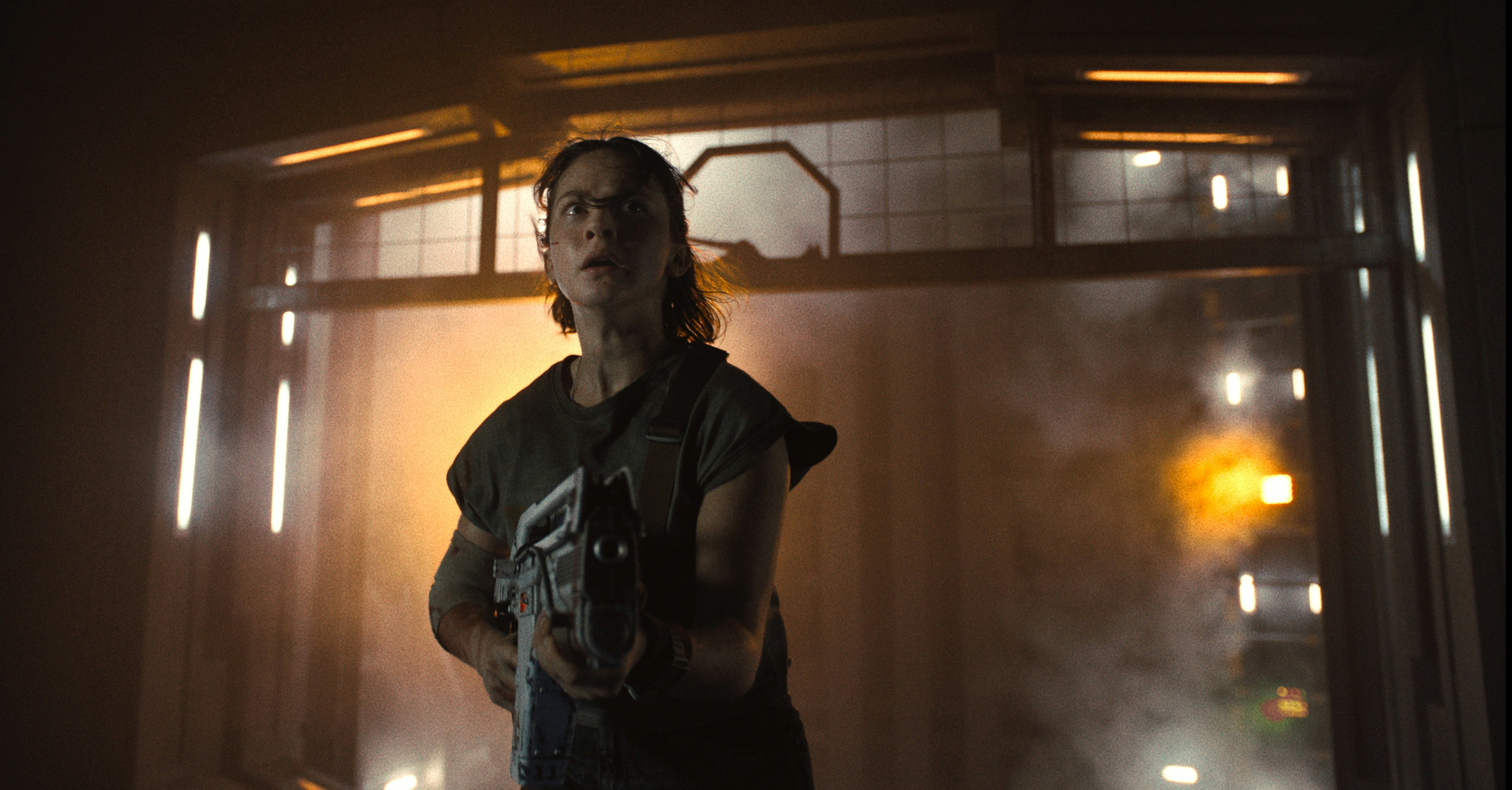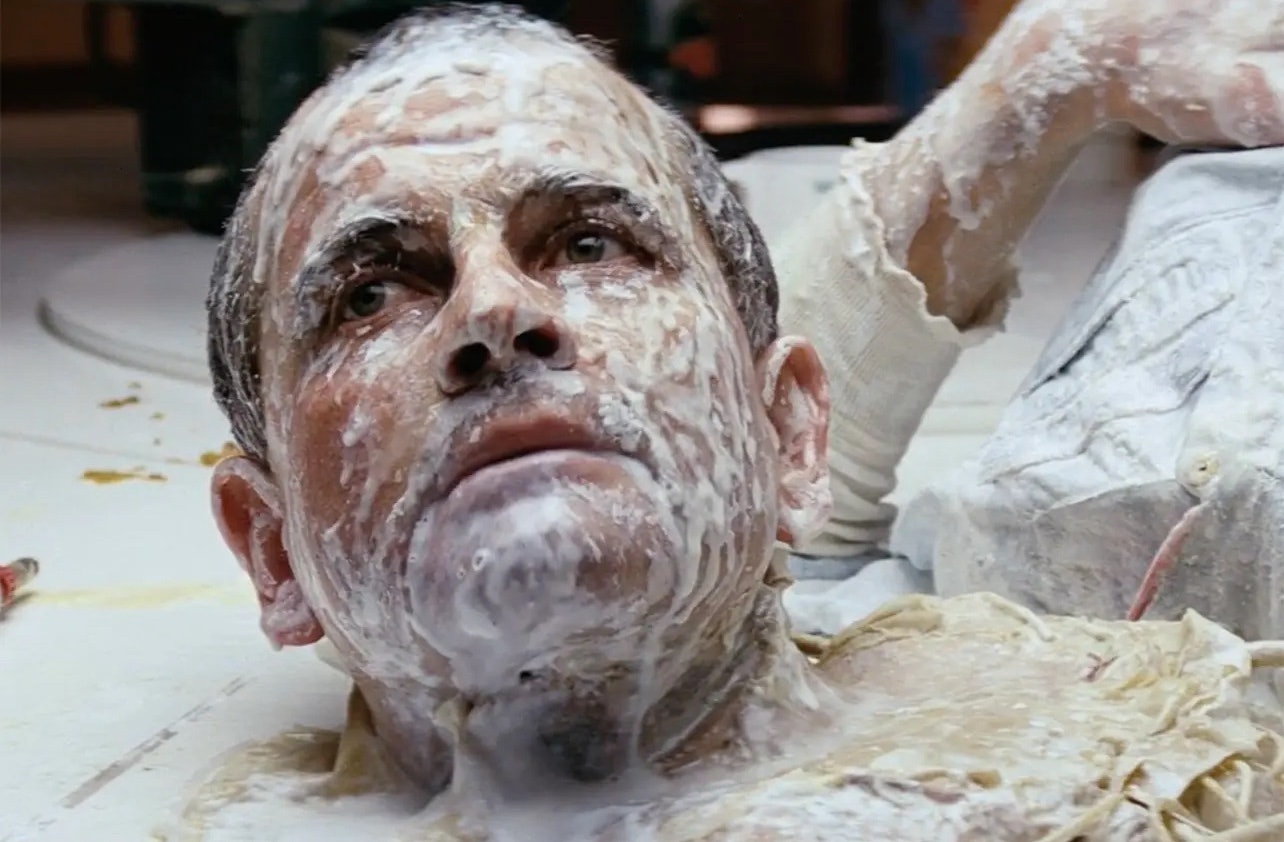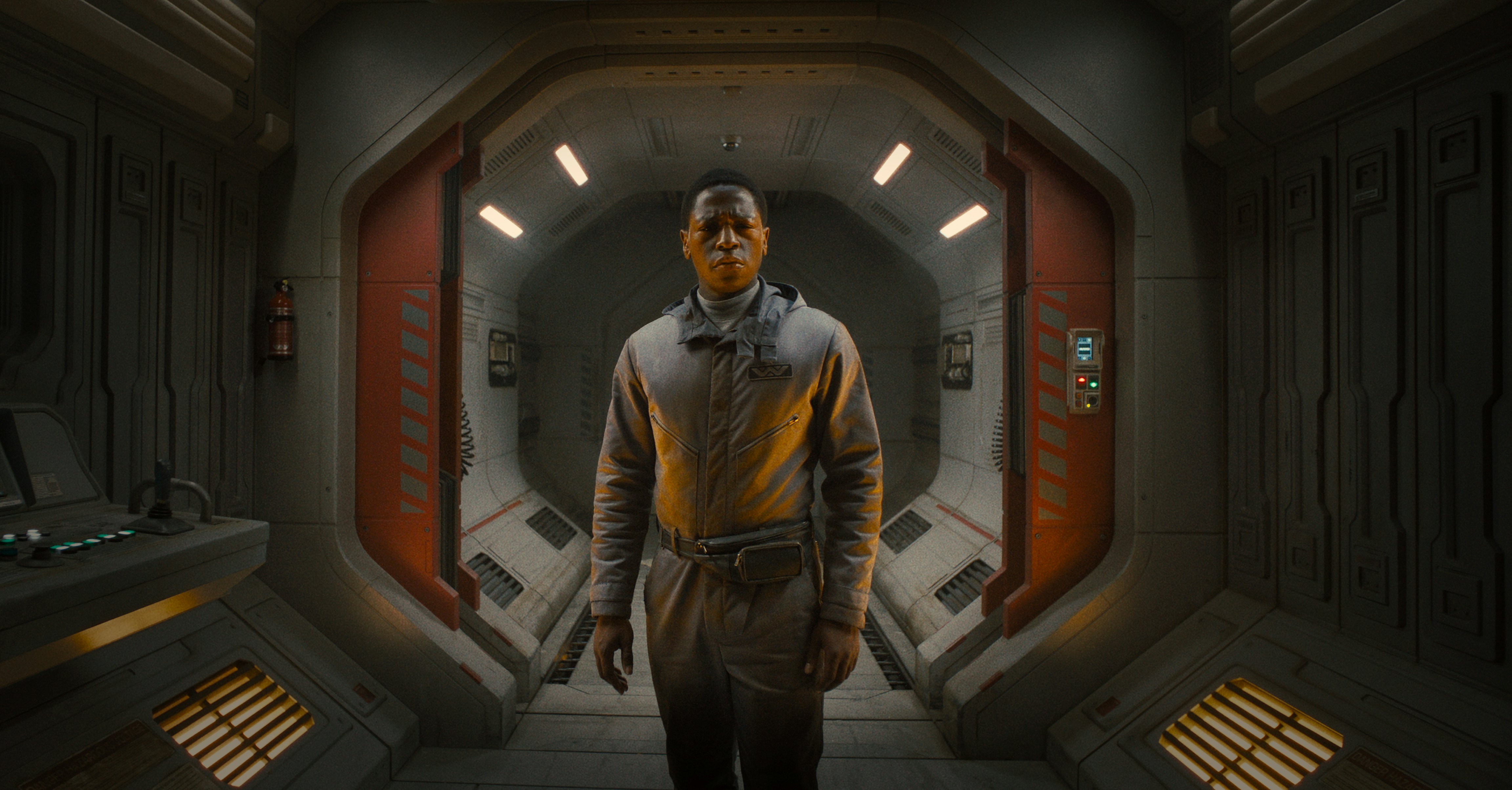
Alien: Romulus is one of the strangest franchise movies that Hollywood has produced in recent years. The new, Fede Álvarez-directed thriller is a back-to-basics legacy sequel for the Alien franchise — one designed to bring it back to its late '70s cinematic roots. The film, to its credit, gets a lot right in that regard. Across its two hours, Romulus executes several ingeniously staged set pieces that make the now-familiar horror of the Xenomorphs seem both bracing and new. By relying heavily on practical costumes, animatronics, and sets, Alien: Romulus also emerges as the most tactile film that its franchise has delivered in decades.
That said, Romulus is far from perfect. Álvarez's best instincts collide throughout the film with the increasingly sickening demands of modern-day franchise filmmaking. The result is a movie that could have easily stood on its own and doesn't just fail to do so, but actively refuses to. It packs in more than a few downright cringey callbacks to its franchise's past, including one groan-inducing word-for-word use of an iconic line from James Cameron's Aliens. In case that wasn't enough, Alien: Romulus also commits its biggest sin by endorsing what is fast becoming Hollywood's worst and most soulless contemporary trend.
Meet the New Android, Same as the Old One

In its opening minutes, Alien: Romulus uses a quick glimpse of the wreckage of the Nostromo to elegantly place its story between the events of 1979's Alien and 1986's Aliens. Later, in its breathtaking final set piece, the film pays homage to both 1997's Alien Resurrection and 2012's Prometheus with a body-horror twist that is as shocking as it is thrilling and anxiety-inducing. These two sequences mark the high points of Alien: Romulus' franchise-oriented storytelling. But its nadir undoubtedly comes in the form of its inclusion of a sinister android named Rook.
Initially discovered by Romulus' heroes in the wreckage of the film's eponymous space station, Rook is revealed to have the same face, voice, and personality as Ash, the evil android originally played by the late Ian Holm in 1979's Alien. Romulus, in other words, uses deepfake technology to bring Holm, who passed away in 2020, "back to life" so that it can further strengthen its connection to its parent film and tug even harder on certain viewers' nostalgic feelings for Ridley Scott's 1979 sci-fi classic. One of the many issues with this, aside from just how morally questionable of an act it is, is that Alien: Romulus didn't need to do either of those things.
By committing to a story that is so deeply indebted thematically and structurally to Alien, the new film was always going to endear itself to its franchise's most purist of fans. Beyond that, the film's deepfake shots of Holm just flat out don't look good. They stick out like a hundred sore thumbs in a film that otherwise looks convincing, authentic, and real. Rook's presence stands in such stark contrast to so many of the other decisions that went into Romulus' aesthetic and design that it immediately feels like a disappointingly mercenary choice made solely with the film's superfluous franchise connections in mind rather than its own artistic and creative needs. Even worse, it invites one to see Romulus as even more superficial and empty than it actually is.
Other Deepfakes From Beyond the Grave

Alien: Romulus isn't the first film to try to recreate an actor's performance even after they've passed. 2016's Rogue One: A Star Wars Story famously did it with Peter Cushing as Grand Moff Tarkin and 2021's Ghostbusters: Afterlife did it with Harold Ramis' iconic turn as Egon Spengler. Both of those movies were justifiably criticized at the time for those decisions, and now Romulus is getting the same treatment. In the case of Alien: Romulus, though, it is particularly disappointing because the film does so much else so well.
Unfortunately, it tries to ignore the reality of Holm's real-life passing and the fact that his 1979 performance as Ash was informed by the circumstances it was given in and, therefore, impossible to ever truly replicate. It's a film that has so much respect for the movies that have come before it and also not enough — or, at least, not for the people who made them. If it did, it wouldn't have done Holm the disservice of thinking it could recreate his work using a computer and uncanny digital effects.
When does a filmmaker or a studio’s desire to recreate a franchise’s original magic go too far? That is a question that contemporary Hollywood seems distressingly unconcerned with asking. Indeed, knowing that Alien: Romulus is far from the only recent blockbuster that has made this mistake simultaneously makes it easier to focus on the movie's other, unrelated strengths and also inspires further dread about the current, franchise-obsessed state of the entertainment industry at large.







